1: var a = 'Is';
2: function test() {
3: var a = 'Fun';
4: function again() {
5: var a = 'JavaScript';
6: alert(a);
7:
8: }
9: again();
10: alert(a);
11: }
12: test();
13: alert(a);
Before execution of Line 1: A variable a, initialized with the value undefined, and a function test, are added to the current lexical environment. If this code is run in the global context, these variables will be added as properties on the global object.
Line 1: The string 'Is' is assigned to the variable a in this lexical environment.
Line 12: The hidden method [[Call]] is invoked on the function test, and a new execution context is created, with a variable a (with an initial value of undefined) and a function again added to its lexical environment.
Line 3: The string 'Fun' is assigned to the variable a in this lexical environment.
Line 9: The hidden method [[Call]] is invoked on the function again, and a new execution context is created, with a variable a (with an initial value of undefined) added to its lexical environment.
Line 5: The string 'JavaScript' is assigned to the variable a in this lexical environment.
Line 6: The host-provided window.alert function is invoked, passing the value associated with variable a in this lexical environment ('JavaScript').
Line 10: The host-provided window.alert function is invoked, passing the value associated with variable a in this lexical environment ('Fun').
Line 13: The host-provided window.alert function is invoked, passing the value associated with variable a in this lexical environment ('Is').
